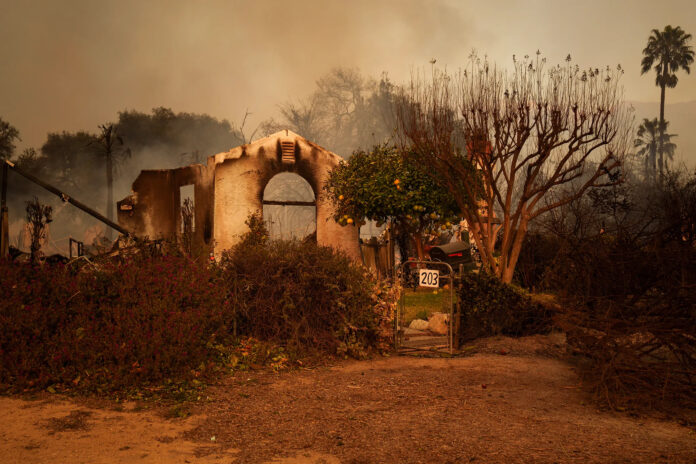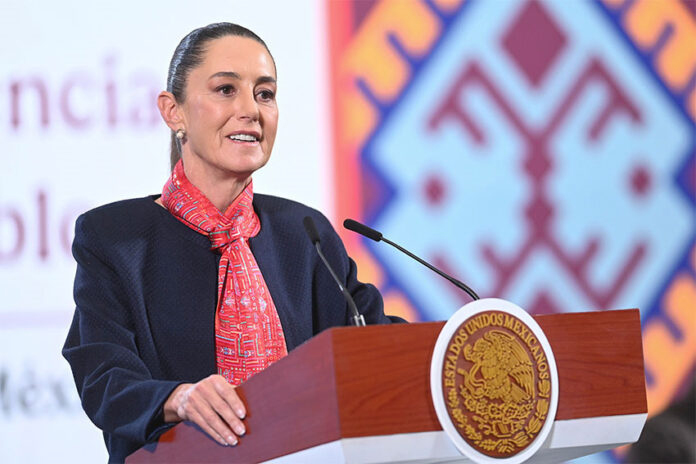A career, like a nation, is built from moral values in addition to technical merits. If a meritocratic government doesn’t bake values into its definition of merit, then that government’s hiring may become merely the flip-side to the DEI regimes
by Michael Bedar
— “What’s ‘meritable’ isn’t always veritable.”
Aptitude is a good place to start focusing for hiring criteria as an improvement over “diversity, equity and inclusion” (DEI). But a career, like a nation, is built from moral values in addition to technical merits. If a meritocratic government doesn’t bake values into its definition of merit, then that government’s hiring may become merely the flip-side to the DEI regimes.
For instance, just as a university might have gloated over its achievements in scientific research grants while rotting in wokism, likewise a meritocracy could tout its technical acumen even while its staff culture suffer from morals and values unaligned with America as a people. In other words, beware merit without virtue.
Workplace virtue can be expressed by a motto seen peppered on bumper stickers throughout the nation on tool boxes, trucks, and creaky garage doors.
It states elegantly but plainly: “Dirty hands, clean money.”
The meaning hits you instantly.
Those who proudly display “dirty hands, clean money” across this land tend to choose small business entrepreneurship and manual work. Their careers focus on soil over salaciousness; sawdust over slickness; gears and grease over getting and graft.
By the sheer number of people volitionally heading into careers in the trades, when they have the intellectual heft for collegiate academics if they wanted it, the “dirty hands, clean money” attitude on aptitude has proven relevant. People are opting for careers that their souls as well as their wallets can live with.
After all, with some of the high-dollar high tech work out there nowadays, it’s plain why swaths of students coming of age struggle to mesh the potential personal benefits of “advanced” education and careers with possible sacrifices of norms and ethics.
Generation Z possesses the intelligence to achieve positions in fields with stratospheric capital investment such as biotechnology, AI, avionics, banking, law, surveillance data analytics, robotics, explosives, and more. While one measure of success is raw income size, pupils are deciding to look with extra scrutiny, and perceiving that their soul is worth something especially in an increasingly soulless economy.
Modern universities bear some responsibility for failures to prepare people for fulfilling careers. College educations have disappointed students, employers, and politicians alike, and colleges have duly seen their enrollment counts decline, only some of this drop being due to demographics.
The executive thrust towards meritocracy must make the connection between not only the preparation of students and future workers, but the moral climate of employers and the government as well. There is veritably a thirst for work that is more in touch with grassroots values.
An ethos of work that protects communities and the land may sound like a bygone era’s slogan, “healthy for children and other living things.” Indeed, dirty hands and clean money may be countercultural, and can be linked to a considerate, Christian mindset. It has reached high school students in the heartland and Americans everywhere in hardhats.
Thomas Jefferson said:
I have always believed it better to be settled on a good Farm…
Those who labour in the earth are the chosen people of God, if ever he had a chosen people, whose breasts he has made his peculiar deposit for substantial and genuine virtue.
The present move to cleaner money in old-fashioned hard “dirty” work like farming, milling, metalwork, wiring, etc., has substantial attraction and a zeitgeist, yet is so milquetoast politically that it is recognizably nonpartisan and, above all, normal of people to take part in. The aspiration to have sound and basically ethical work, for historically standard and sufficient pay, simply cannot be dislodged with rhetoric that would label it extreme.
It is people all around the center, politically, who are increasingly willing to eschew, for example, work on AI systems that automatically select human bombing targets.
The question is how will workers’ concerns about the awfully lucrative grime of modern technological sophistication trickle up to employers’ upper suites?
The language used in President Donald Trump’s executive order cites “talent,” “determination,” and the merit-basis for hiring. One might be at least partially correct to assume that hiring for ability and diligence would correspond to establishing high moral standards. But does wielding the skills for a job mean an employee would grimace or speak up about any job’s morally repugnant aspects?
While First Amendment constrictions on regulating values might account for the moral ambiguity of the executive order on meritocracy, a response about moral values in a meritocracy is the responsibility of civil society.
The 2025 Superman movie, with a new Lex Luthor character, might soon remind society of the existence of evil genius. In fact, in freezing “research” grants, the Trump administration seemed to acknowledge that large R&D institutions dependent on government funding and highly technical industries may be currently swallowed up in moral problems.
Hopefully, the new government hiring officers will dye values into the wool of merit-based hiring. As evidenced by extensive use of background checks and clearance levels, the country does not want to be mired in “meritorious” workers in key technical positions who nevertheless have adversarial values.
Background checks, though, are not the full picture. Let U.S. government human resources professionals hire as well for beneficial values.
An old proverb says that if you walk in a direction, there you will arrive. Extending the reasoning, if you walk in a direction, with especially talented ability, even farther over there will you arrive. Thus our country has to make sure where it is walking.
In the view of Jefferson:
Agriculture … is our wisest pursuit, because it will in the end contribute most to real wealth, good morals & happiness.
As Jefferson lived before the existence of modern infrastructure, Jefferson loved agrarianism itself and mentioned far more than any other trade, but further was a proponent of humble work that engages oneself and brings positive outcomes to the community:
… countrymen who have been obliged to work out their own fortunes here, have succeeded best with a small farm…a reasonable profit & comfortable subsistance results …
Having ample merit between one’s ears does not necessitate a career choice of making killer drones, bots, implants, pills, or 15-minute city plans. Leaving stained stacks of cash on the table for boots and gloves can and does often come from an informed morality, not stupidity.
Still seeking their self-interest, becoming builders and tradesmen may protect people, prolong their safety from predatory economics, and stabilize the moral direction of the country.
The growing dirty-hands jobs trend may root ultimately to a desire to get right with God and creation. Prayer, reflection, and talk about whether one is endangering or selling one’s soul could return to the commonplace. To the extent Constitutional, let the concomitant White House Office on Faith support HR teams in the meritocracy to fill government with morality.
As good character comes to pervade the right understanding of merit, the country’s moral backbone can flip the script, shining a hot spotlight on unscrutinized entry into knowingly corrupted industries offering meteoric stock options.
The virtue of temperance pairs with merit, providing moral restraint and an appreciation for the more precious, slower things than quick monetary gains. As Jefferson said about his agrarian trade:
I am constantly roving about, to see what I have never seen before and shall never see again.
Can many clean-fingered cubicle workers and bureaucrats say that? LifeSite.











